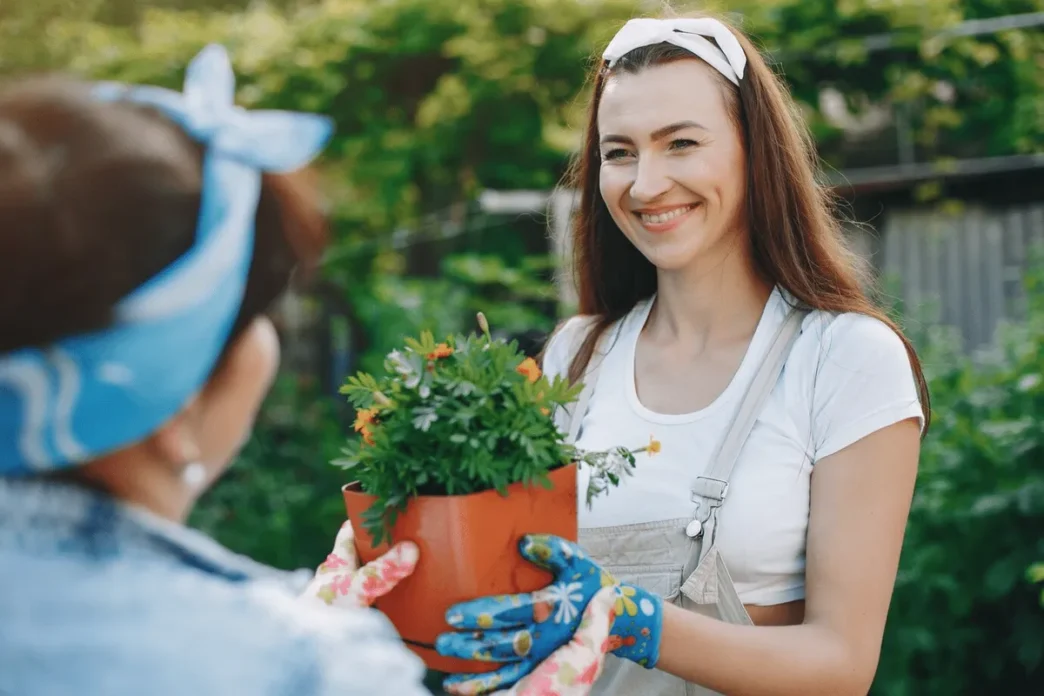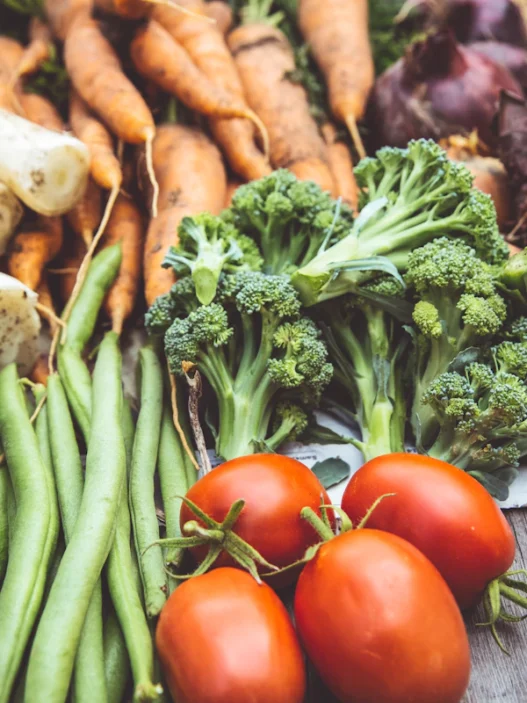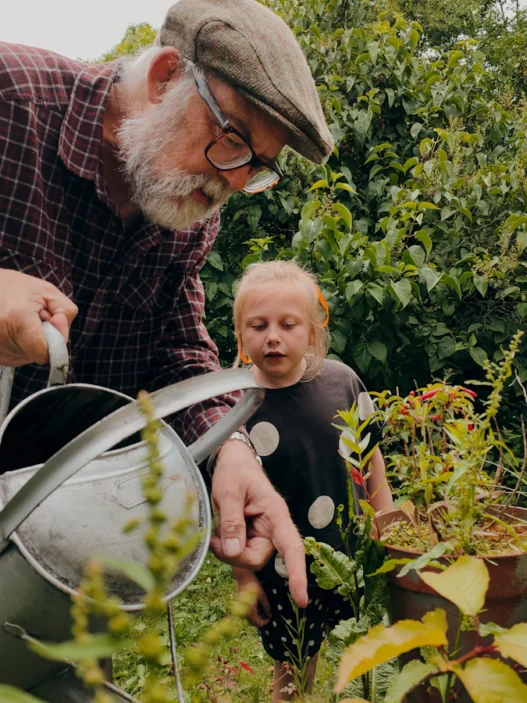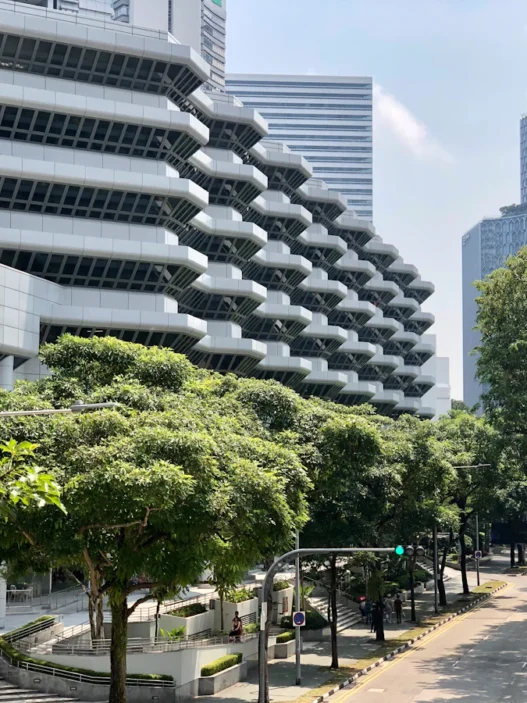Imagine this: neighbors gather in a vivid green area right in your city, get their hands dirty, and produce something lovely. Urban gardening addresses people, relationships, and community rather than only plants. Urban gardening can change your area and encourage a feeling of community using this.
Shared Garden Spaces: Growing Together
Urban gardening communities center shared garden areas. These events unite people from many backgrounds and ages, therefore fostering a shared sense of goal and a venue for bonding around a common interest.
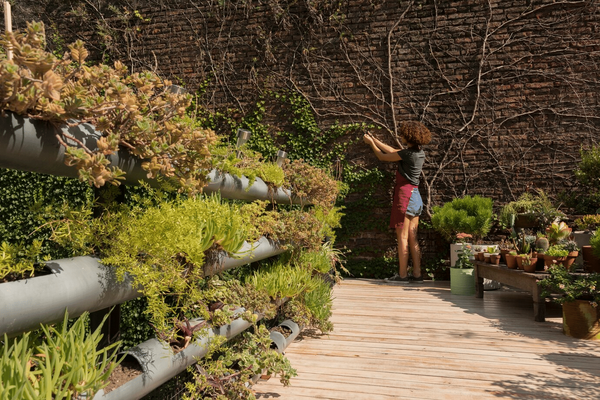
Imagine discussing ideas, planting tomatoes next to a new acquaintance, and seeing your labor pay off in a crop!
These spaces are more than just plots of land; they are communal areas where people come together with a common purpose. Whether it’s a small patch in a backyard or a larger community garden, these areas serve as a gathering point for neighbors. The act of gardening together fosters a spirit of cooperation and mutual support. You see neighbors exchanging tips, sharing seeds, and helping each other with tasks. This cooperative effort naturally builds relationships and a sense of camaraderie.
Community Events: Celebrating Green
Has anyone ever attended a garden festival? Everyone is welcome at this vibrant, entertaining event where friendships grow alongside the plants! Urban gardens frequently feature community events including garden tours, plant swaps, and harvest celebrations. These gatherings provide ideal chances for neighbors to get together, swap gardening tales, and honor their shared work.
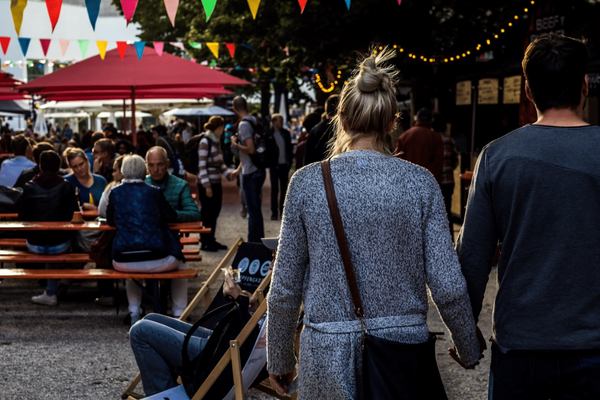
Community events also serve as platforms for celebrating the garden’s achievements. Whether it’s showcasing the largest pumpkin, sharing recipes, or having a friendly gardening competition, these activities bring excitement and pride to the community. They also encourage more residents to get involved, seeing the joy and satisfaction that comes from participating in the garden.
Educational Workshops: Learning Together
Perfect venues for learning are gardens. To acquire fresh skills and information, workshops on composting, sustainable gardening, and even cooking with garden food gather community members.
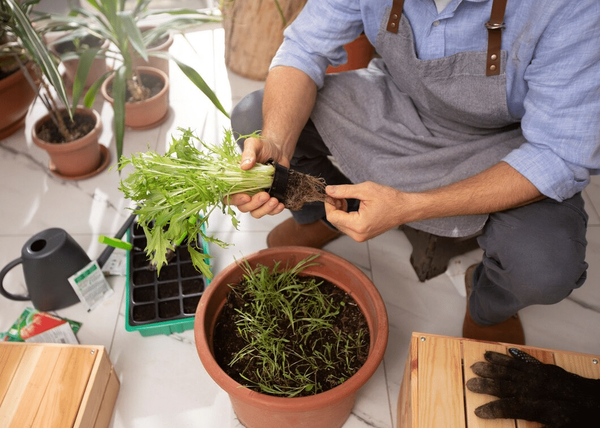
Discover the secrets of effective composting or learn to create the finest pesto ever at your neighborhood garden class!
Workshops on topics like sustainable gardening, pest control, and soil health not only enhance gardening skills but also promote environmental awareness. Participants learn how to reduce waste, conserve water, and create habitats for local wildlife. This knowledge benefits the entire community as residents apply these sustainable practices in their gardens and beyond.
Social Media Groups: Staying Connected
Many urban gardening groups now extend their contacts online in the digital era. Social media groups let gardeners post updates, solicit advice, and plan activities, therefore preserving the community spirit even when they are not physically close.
Join a local gardening community on Facebook and network with other green thumbs any time of day!
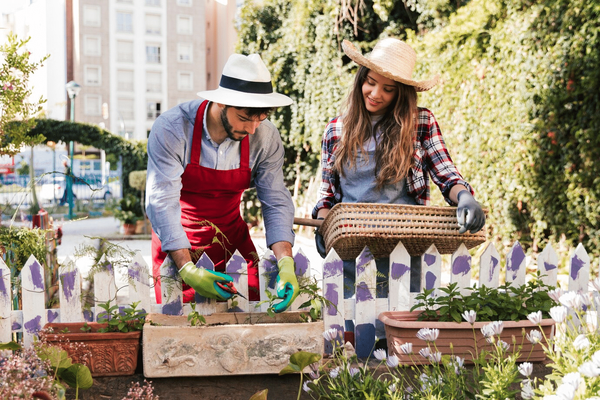
Social media groups extend the reach of the community beyond the physical garden. They provide a platform for continuous engagement, where members can ask questions, share photos of their progress, and plan events. These groups also serve as a valuable resource for new gardeners who can learn from the experiences of more seasoned members.
Local Produce Swaps: Sharing the Bounty
Excellent ways to distribute the abundance of your crop to neighbors are to produce swaps. Trade herbs for just-picked berries or replace your surplus zucchinis with some homegrown cucumbers.
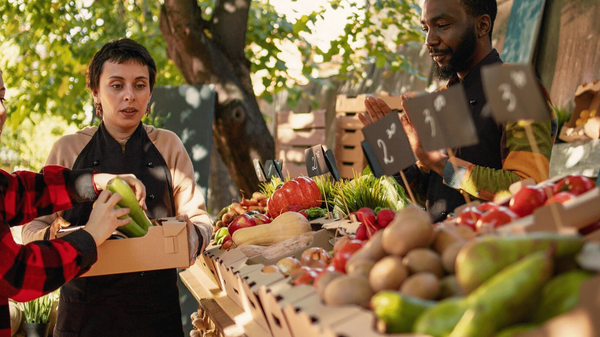
Produce swaps create a sense of abundance and generosity within the community. They encourage gardeners to share what they have in excess and try new varieties of fruits and vegetables. This exchange not only diversifies the food on everyone’s table but also fosters a spirit of sharing and reciprocity.
These swaps often lead to conversations about gardening techniques, recipes, and food preservation methods. Sharing food becomes a catalyst for deeper connections, as neighbors bond over their love for fresh, healthy produce. It’s a beautiful cycle of giving and receiving that strengthens community ties.
Volunteering Opportunities: Giving Back
Maintenance and expansion of urban gardens depend on volunteers most of the time. One fulfilling approach to pay back to your community, meet new people, and enjoy the surroundings is by helping in a garden.
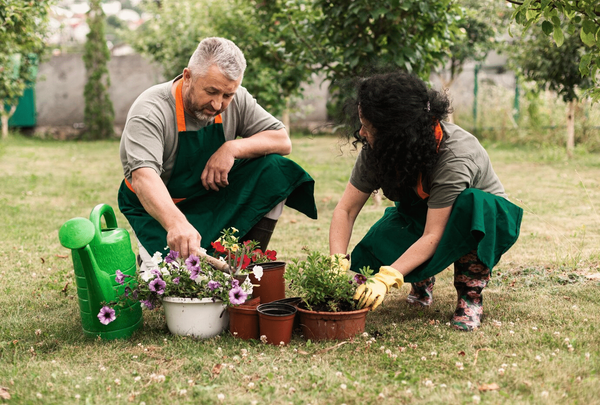
Spend a Saturday morning helping your neighborhood garden—a rewarding approach to benefit your community and take in the wonders of the natural world!
Neighborhood Beautification: Creating Green Spaces
Urban gardens improve the curb appeal of communities. They turn empty lots into verdant green areas so that everyone may enjoy more lovely surroundings.
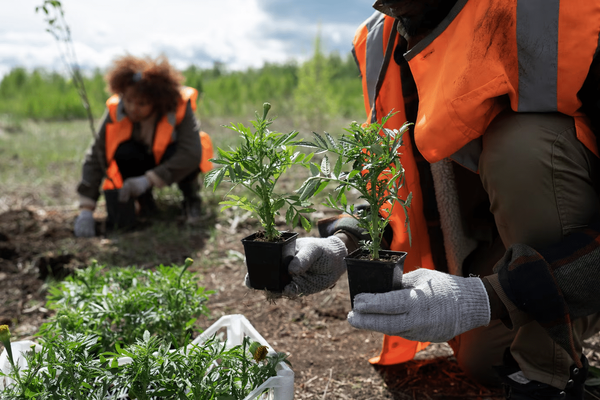
See a desolate lot transformed into a vivid oasis of veggies and flowers, therefore enhancing the beauty of your neighborhood!
Youth Engagement: Inspiring the Next Generation
Young people can be quite engaged in gardens. While enjoying fun, children can gain knowledge about nature, food, and responsibility. Many urban gardens include events and activities meant especially for young people and teenagers.
Involve children in planting, watering, and harvesting to inspire the next generation of gardeners—see their faces light up as they see their labor pay off!
Cultural Exchange: Sharing Traditions
People from several cultural backgrounds often find themselves gathered in urban gardens.
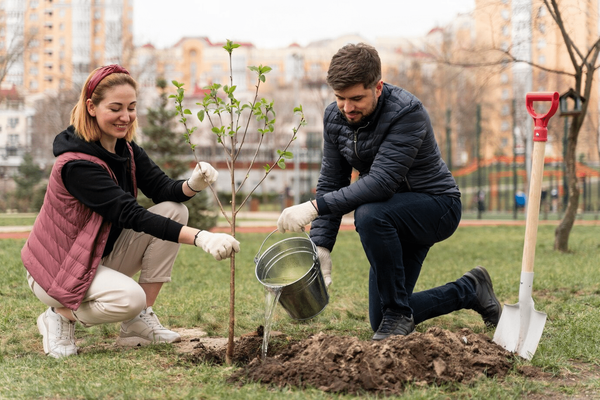
Sharing gardening customs, recipes, and native plants from many cultures enhances the neighborhood and advances tolerance and respect.
Building Friendships: Stronger Together
The friendships developed with the plants in urban gardening are among its most satisfying features. Working together, celebrating achievements and difficulties, and just spending time in the garden builds close relationships.

Forge close, enduring connections around common harvests and garden projects—there is nothing like the fellowship of other gardeners!
Bringing It All Together
Urban gardening is about developing a community, not only about raising plants. Every one of these events and chances demonstrates how gardening can unite people, strengthen relationships, and build belonging. Urban gardening is a great method to create community whether your involvement is in a course, a community event, or just sharing of your harvest.
A Final Thought on Community and Gardening
One very effective method for creating communities is urban gardening. Sharing spaces, planning activities, and interacting with neighbors will help you build a lively, linked community that thrives together. So get your gloves, start some seeds, and see how your garden—and community—grows!










